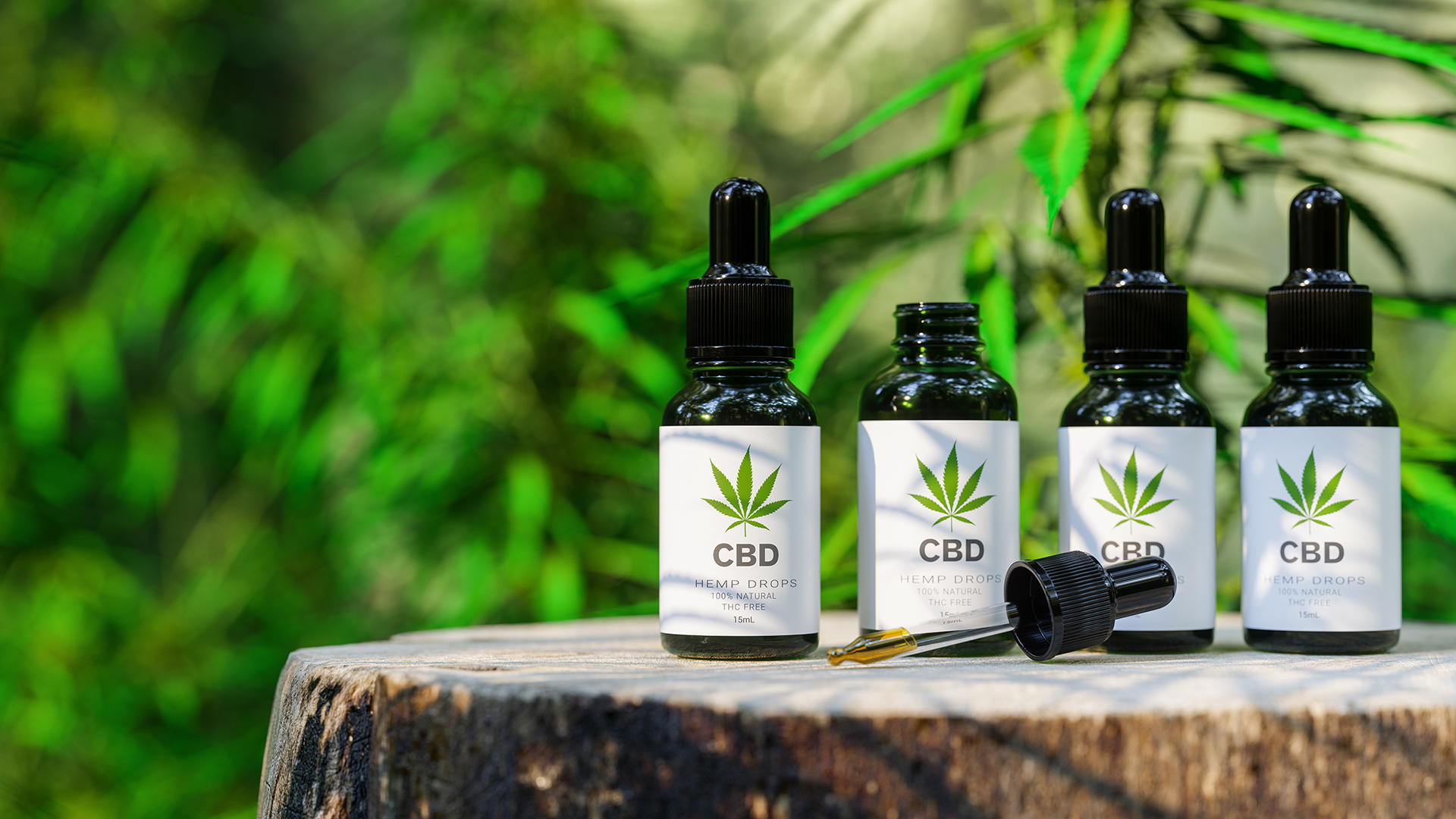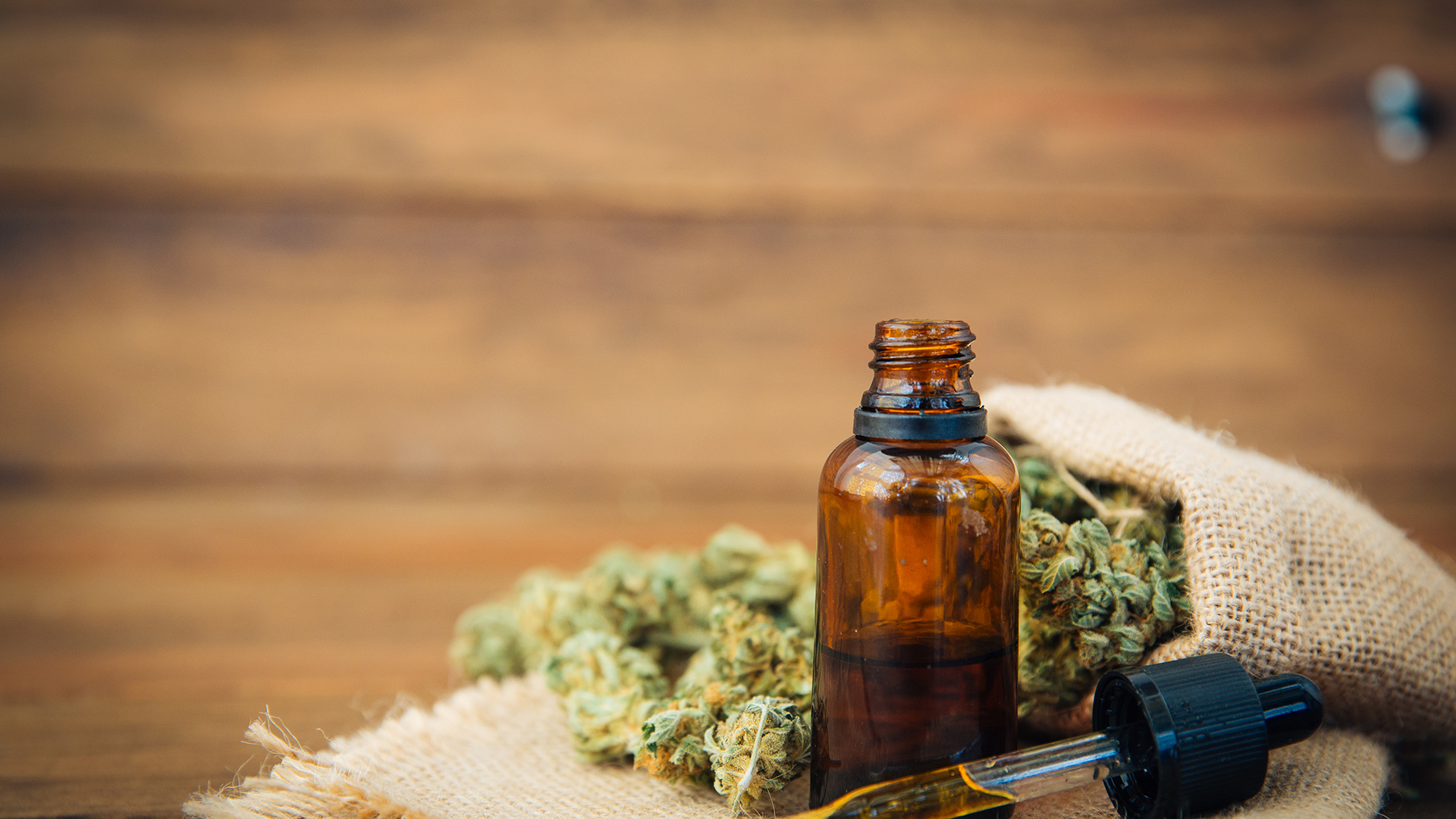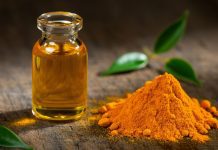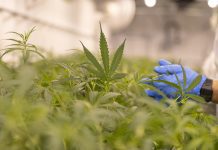
With the increasing interest in natural remedies, the therapeutic potential of ashwagandha and CBD oil has garnered significant attention.
These plant-based compounds boast unique health benefits individually, but their combined use may offer even more impressive results. In this comprehensive guide, we’ll explore the synergistic benefits of ashwagandha and CBD oil, backed by scientific research, and discuss how to safely use these natural remedies for optimal health outcomes.
What is ashwagandha
Ashwagandha (Withania somnifera) is a revered herb in Ayurveda, the traditional Indian system of medicine.1 Often referred to as Indian ginseng, ashwagandha is an adaptogen, a class of herbs that help the body adapt to stress and maintain balance.
Benefits of ashwagandha
- Reduced stress and anxiety: Ashwagandha has been shown to help reduce stress and anxiety in both animal and human studies;
- Enhanced cognitive function: Ashwagandha may improve memory, cognitive function, and learning abilities;
- Boosted immune system: Ashwagandha has immunomodulatory properties, helping strengthen the immune system and reduce inflammation; and
- Improved male fertility: Studies have demonstrated ashwagandha’s potential to increase sperm count and motility, as well as improve overall male fertility.2,3,4,5
What is CBD oil?
Cannabidiol (CBD) is a non-psychoactive compound found in the Cannabis sativa plant, known for its therapeutic properties.6 CBD oil is a concentrated form of CBD, often derived from hemp, a variety of cannabis with low levels of the psychoactive compound THC.

Benefits of CBD oil
- Pain relief: CBD oil has been found effective in reducing pain, inflammation, and improving overall quality of life in individuals with chronic pain conditions;
- Anxiety and depression relief: CBD oil may help alleviate symptoms of anxiety and depression by interacting with serotonin receptors in the brain;
- Neuroprotection: Research suggests that CBD oil may have neuroprotective properties, potentially benefiting individuals with neurodegenerative disorders; and
- Heart health: CBD oil may help lower blood pressure and improve overall cardiovascular health.7,8,9,10
Synergistic benefits of ashwagandha and CBD oil
The combination of ashwagandha and CBD oil may offer enhanced benefits, as their individual properties complement one another.
- Improved stress management: Both ashwagandha and CBD oil have been shown to reduce stress and anxiety. Their combined use may offer even more potent stress-relief effects, potentially improving overall mental health and well-being;
- Enhanced mood and cognitive function: The mood-boosting and cognitive-enhancing properties of ashwagandha and CBD oil may work together to improve mental clarity, focus, and overall cognitive function;
- Reduced inflammation and pain: The anti-inflammatory properties of both ashwagandha and CBD oil may offer synergistic effects in reducing inflammation, alleviating pain, and promoting overall healing in the body; and
- Boosted immune function: Ashwagandha’s immunomodulatory effects, combined with the immune-supporting properties of CBD oil, may help to strengthen the immune system and promote overall health.2,3,4,7,8,9
Research and studies on ashwagandha and CBD oil
While there is ample research on the individual benefits of ashwagandha and CBD oil, studies focusing on their combined use are limited. However, the existing body of research on each compound suggests that their synergistic use may offer unique benefits:
- Stress and anxiety relief: A systematic review of human studies found that ashwagandha supplementation effectively reduced anxiety and stress. Similarly, a review of CBD’s anxiolytic effects concluded that CBD has the potential to reduce anxiety in various disorders, including generalised anxiety disorder, social anxiety disorder, and post-traumatic stress disorder;
- Cognitive function and mood: A study on healthy adults demonstrated that ashwagandha supplementation improved cognitive function and psychomotor performance. In a review of preclinical studies, CBD was found to possess antidepressant-like and anxiolytic-like effects, potentially improving mood;
- Inflammation and pain: A study on arthritis patients found that ashwagandha supplementation led to significant reductions in pain and disability. A review of clinical trials on CBD oil for chronic pain management found that CBD effectively reduced pain and improved sleep and quality of life; and
- Immune function: Research indicates that ashwagandha has immunomodulatory properties, helping to boost the immune system and reduce inflammation. A review of studies on CBD’s immunomodulatory effects suggests that CBD may regulate the immune system and suppress inflammatory responses.2,4,7,8,11

How to use ashwagandha and CBD oil together
To experience the synergistic benefits of ashwagandha and CBD oil, follow these steps:
- Consult a healthcare professional: Before starting any new supplement regimen, consult your doctor or a qualified healthcare professional to ensure it is safe and appropriate for your specific needs;
- Choose high-quality products: Look for reputable brands that provide third-party lab testing results, ensuring the purity and potency of their products;
- Start with a low dosage: Begin with a low dose of both ashwagandha and CBD oil, gradually increasing the dosage as needed to achieve the desired effects; and
- Monitor your response: Pay attention to how your body responds to the combination of ashwagandha and CBD oil, adjusting the dosage as needed.
Additional natural remedies to consider
In addition to ashwagandha and CBD oil, there are other natural remedies and lifestyle changes that may help improve your overall health and well-being:
- Rhodiola Rosea: This adaptogenic herb has been shown to improve mental performance, reduce fatigue, and alleviate symptoms of stress and anxiety;
- L-Theanine: An amino acid found in green tea, L-theanine has been found to promote relaxation, reduce anxiety, and improve sleep quality;
- Regular exercise: Engaging in regular physical activity can help improve mood, reduce anxiety and stress, and enhance overall well-being; and
- Meditation and mindfulness practices: Incorporating meditation and mindfulness practices into your daily routine can help reduce stress, improve mental clarity, and promote relaxation.

Side effects and precautions
While ashwagandha and CBD oil are generally considered safe, some individuals may experience side effects. Common side effects of ashwagandha include drowsiness, stomach upset, and diarrhoea. CBD oil side effects may include dry mouth, drowsiness, and changes in appetite or weight.
To minimise the risk of side effects, consider the following precautions:
- Consult a healthcare professional: As mentioned earlier, it’s important to consult with your doctor or a qualified healthcare professional before starting any new supplement regimen, especially if you have existing health conditions or are taking medications;
- Start with a low dosage: Begin with a low dose of both ashwagandha and CBD oil to minimise the risk of side effects. Gradually increase the dosage as needed to achieve the desired effects; and
- Monitor your response: Pay close attention to how your body responds to the combination of ashwagandha and CBD oil, and adjust the dosage accordingly.
Potential interactions and contradictions
While combining ashwagandha and CBD oil may offer numerous health benefits, it is essential to be aware of potential interactions and contraindications.
- Drug interactions: Both ashwagandha and CBD oil can interact with certain medications. ashwagandha may enhance the effects of sedatives, immunosuppressants, and thyroid medications. CBD oil may interfere with the metabolism of various drugs, including antiepileptic drugs, antipsychotics, and blood thinners. Consult your healthcare provider if you are taking any medications before starting ashwagandha and CBD oil supplementation;
- Pregnancy and breastfeeding: The safety of ashwagandha and CBD oil during pregnancy and breastfeeding is not well-established. Pregnant or breastfeeding women should avoid using these supplements unless advised otherwise by a healthcare professional;
- Autoimmune conditions: Since ashwagandha can stimulate the immune system, it may exacerbate symptoms in individuals with autoimmune conditions, such as multiple sclerosis, lupus, and rheumatoid arthritis. Consult your healthcare provider before using ashwagandha if you have an autoimmune condition; and
- Allergies: If you are allergic to plants in the Solanaceae (nightshade) family, you may be sensitive to ashwagandha and should avoid its use. Similarly, if you are allergic to cannabis or hemp, you should not use CBD oil.

In summary, the combination of ashwagandha and CBD oil offers promising potential for enhanced stress relief, improved cognitive function, reduced inflammation and pain, and boosted immune function. While more research is needed to fully understand the synergistic effects of these natural remedies, the existing body of research supports their individual benefits. By carefully selecting high-quality products, consulting with a healthcare professional, and monitoring your body’s response, you can safely and effectively incorporate ashwagandha and CBD oil into your wellness routine.
References
1: Mirjalili, M. H., Moyano, E., Bonfill, M., Cusido, R. M., & Palazón, J. (2009). Steroidal lactones from Withania somnifera, an ancient plant for novel medicine. Molecules, 14(7), 2373-2393.
2: Pratte, M. A., Nanavati, K. B., Young, V., & Morley, C. P. (2014). An alternative treatment for anxiety: a systematic review of human trial results reported for the Ayurvedic herb ashwagandha (Withania somnifera). Journal of Alternative and Complementary Medicine, 20(12), 901-908.
3: Choudhary, D., Bhattacharyya, S., & Bose, S. (2017). Efficacy and safety of ashwagandha (Withania somnifera (L.) Dunal) root extract in improving memory and cognitive functions. Journal of Dietary Supplements, 14(6), 599-612.
4: Bani, S., Gautam, M., Sheikh, F. A., Khan, B., Satti, N. K., Suri, K. A., … & Qazi, G. N. (2006). Selective Th1 up-regulating activity of Withania somnifera aqueous extract in an experimental system using flow cytometry. Journal of Ethnopharmacology, 107(1), 107-115.
5: Ahmad, M. K., Mahdi, A. A., Shukla, K. K., Islam, N., Rajender, S., Madhukar, D., … & Sharma, V. K. (2010). Withania somnifera improves semen quality by regulating reproductive hormone levels and oxidative stress in seminal plasma of infertile males. Fertility and Sterility, 94(3), 989-996.
6: Atakan, Z. (2012). Cannabis, a complex plant: different compounds and different effects on individuals. Therapeutic Advances in Psychopharmacology, 2(6), 241-254.
7: Häuser, W., Petzke, F., & Fitzcharles, M. A. (2018). Efficacy, tolerability and safety of cannabis-based medicines for chronic pain management – An overview of systematic reviews. European Journal of Pain, 22(3),
8: Blessing, E. M., Steenkamp, M. M., Manzanares, J., & Marmar, C. R. (2015). Cannabidiol as a potential treatment for anxiety disorders. Neurotherapeutics, 12(4), 825-836.
9: Maroon, J., & Bost, J. (2018). Review of the neurological benefits of phytocannabinoids. Surgical Neurology International, 9, 91.
10: Stanley, C. P., Hind, W. H., & O’Sullivan, S. E. (2013). Is the cardiovascular system a therapeutic target for cannabidiol? British Journal of Clinical Pharmacology, 75(2), 313-322.
11: Schier, A. R., Ribeiro, N. P., Silva, A. C., Hallak, J. E., Crippa, J. A., Nardi, A. E., & Zuardi, A. W. (2014). Cannabidiol, a Cannabis sativa constituent, as an anxiolytic drug. Revista Brasileira de Psiquiatri








